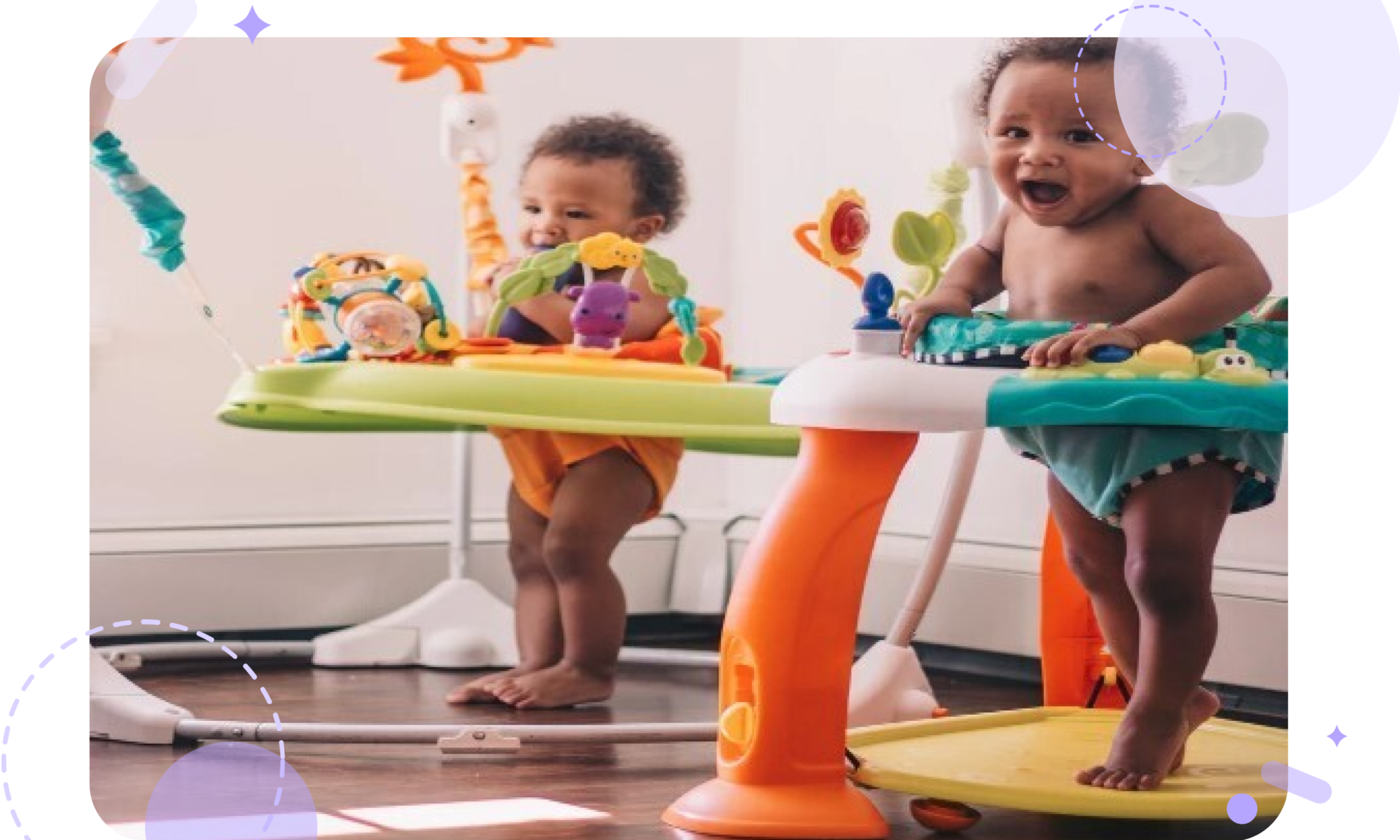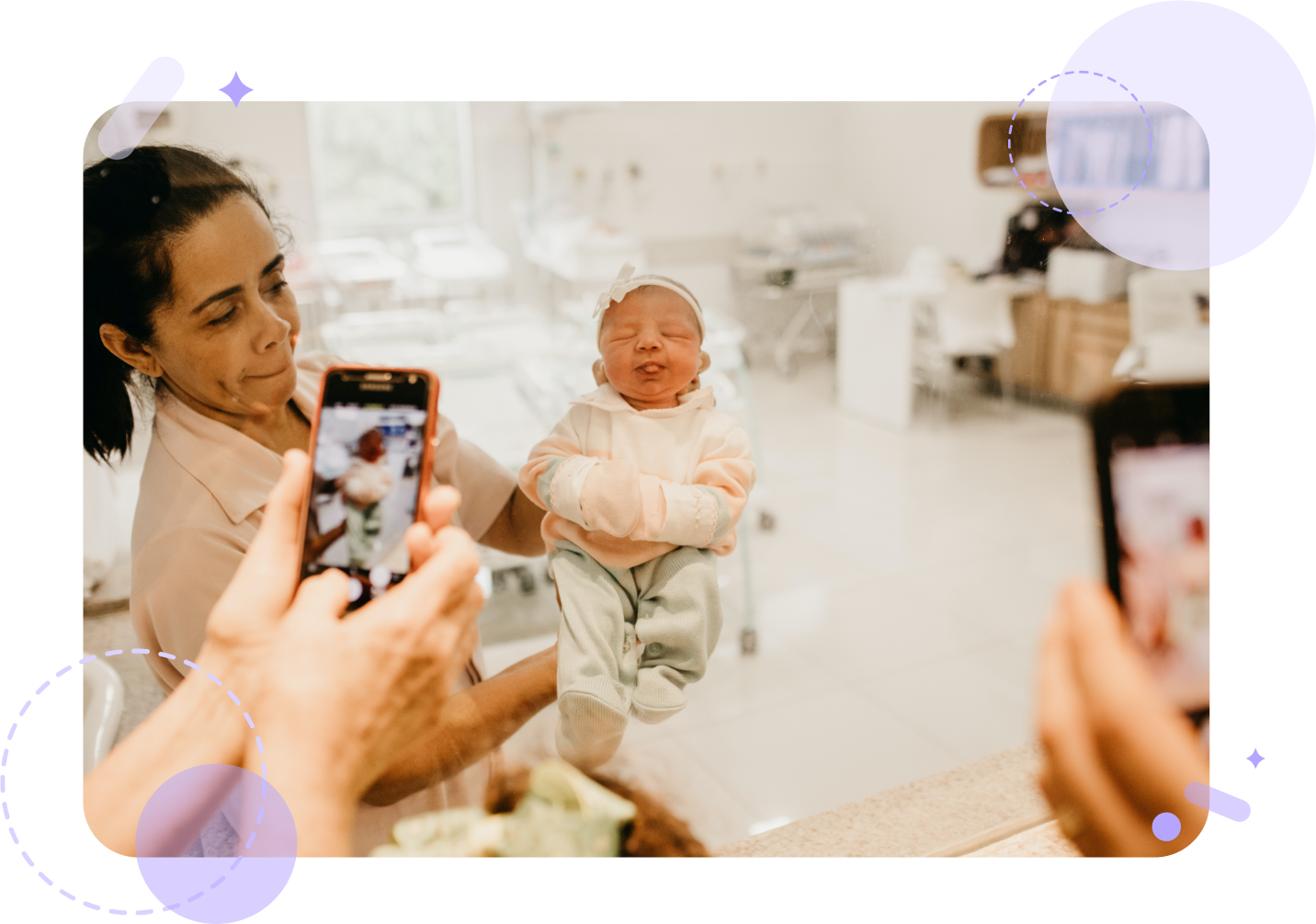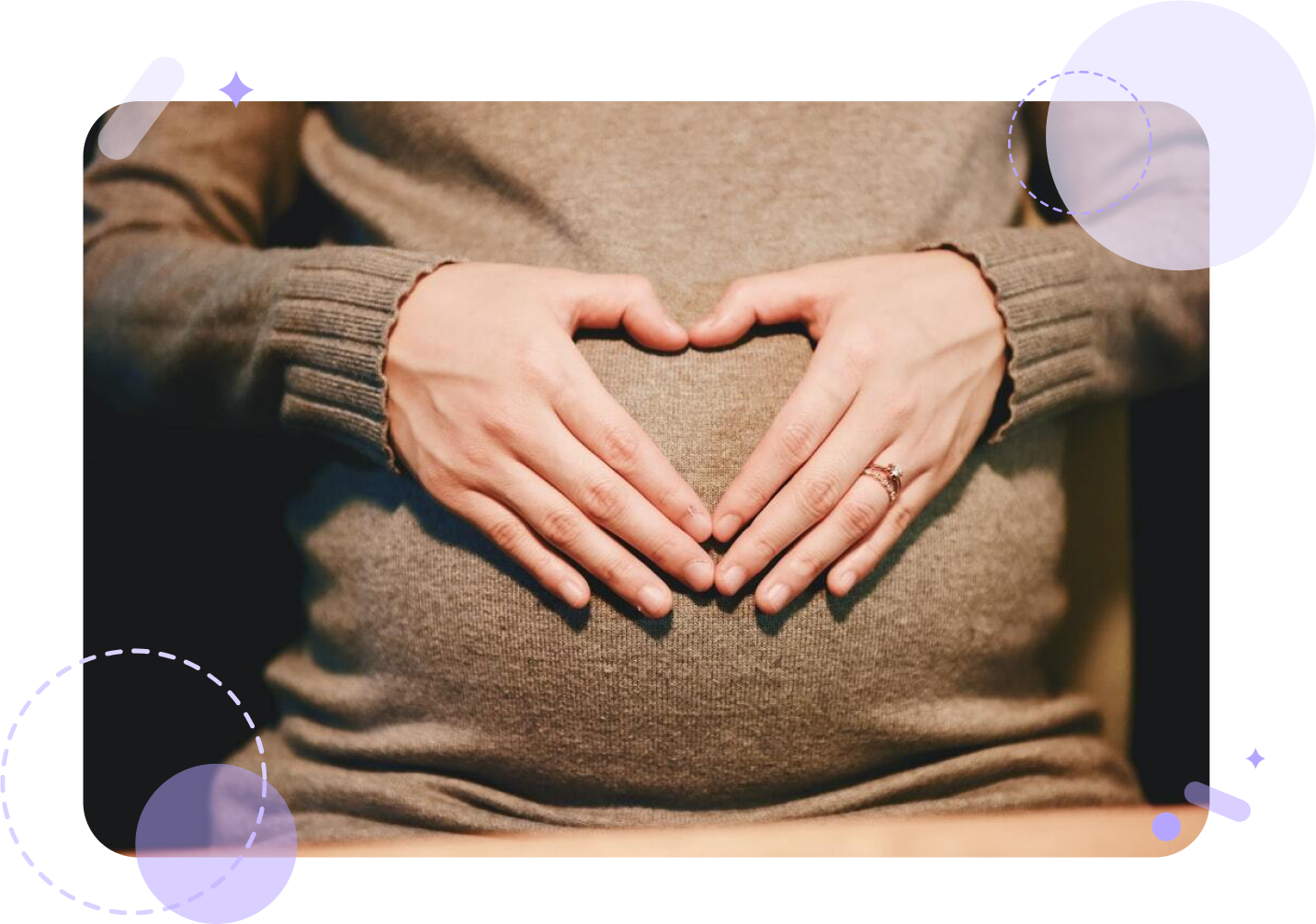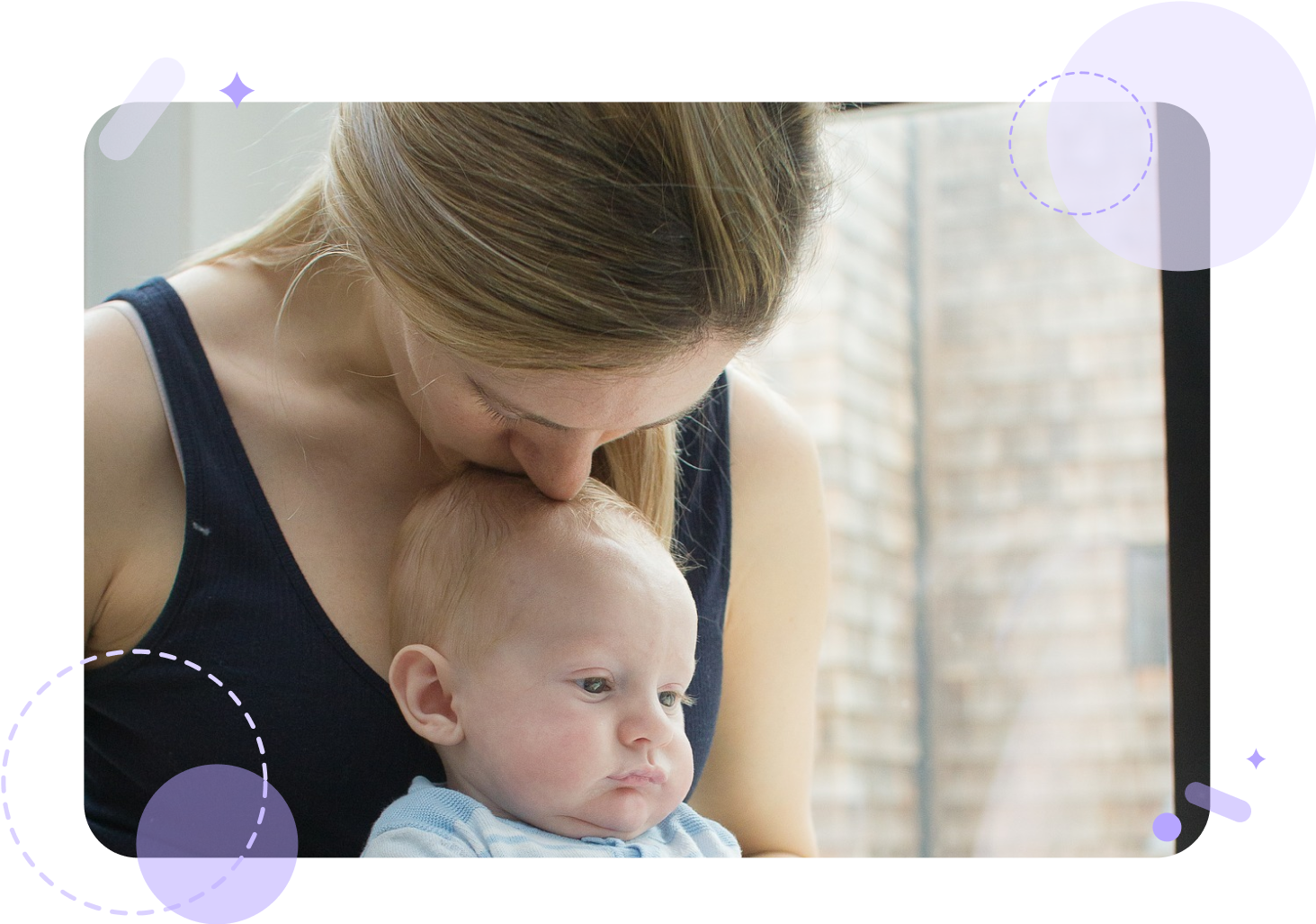
Whether you’re a new, expecting, or experienced parent, you’ll have heard or read about developmental milestones – a recurring concept discussed at length during doctor’s visits and all over the internet. But what exactly are developmental milestones, and why does everyone keep talking about them?
Developmental milestones act as a checklist of skills or physical attributes that your baby will demonstrate across a broad categorical range of growth within a specific time frame. Developmental milestones track changes in what your baby can do at every age of their infancy, such as learning to walk around 9 to 12 months old.
Baby milestones are not a strict dictation of your baby’s developmental timeline. After all, every baby is unique and might reach these skills at their own pace. As such, development tracking offers you a basic trajectory guideline based on the average range during which babies usually reach these milestones by developing the associated skills. This allows parents to discern any areas where a baby might display considerable divergence from the average range, helping in acting early to address any developmental concerns.
Types of Milestones
As mentioned above, developmental milestones track a wide variety of growth categories, all of which contribute to your baby’s ability to establish and refine their developmental skills and attributes. Let’s take a look at the commonly tracked baby milestones, as described below.
Gross Motor Skills
These are the skills your baby needs to do everyday activities involving big motions as they grow. Gross motor skills involve the use of larger muscle groups to make movements with their arms, legs, feet, torso, or body. Examples of gross motor skills include bouncing, crawling, walking, sitting, or being able to stand on their own.
Fine Motor Skills
Similarly, fine motor skills also require muscle use, but these milestones involve smaller muscle groups. Fine motor skills often require your baby to use or move their fingers, hands, wrists, or combinations of the three.
From blunt movements like clapping or opening and closing their palms, to refined movements like picking up a cheerio with their fingers or using their thumbs for a better grip – all minor and major dexterity movements inform fine motor skill development.
Anthropometry and Physical Growth
Anthropometry refers to the comparative measurements of a baby’s physical growth. Pediatricians regularly assess your baby’s body measurements, like weight and length, to monitor proper development and identify any potential issues.
Common anthropometric measurements include tracking the basics, such as your baby’s weight, length, and head circumference. On a deeper level, the physical development category also considers urine and stool output, feeding habits, and sleep patterns, providing a closer look at your baby’s overall physical development.
Speech and Communication Skills
From your baby’s initial cries and adorable coos to finally hearing them say “mama” or “dada” for the first time, all of these precious moments are made possible due to your little one’s incremental speech and communication skills.
Communication milestones cover both your baby’s verbal and non-verbal development. For example, body language like moving their limbs to express excitement, or making eye contact to connect with you are also part of communication development.
Cognitive Skills
Cognitive milestones center around how babies learn, interact, and explore things in their environment. Your baby depends on their cognition to think, process, and comprehend the world and their experiences.
Your baby’s cognitive growth involves learning how to maintain a longer attention span, establish casual relationships, and understand the relationship between cause and effect, among other complex skills. Cognitive enhancement often overlaps with physical growth, as skills like depth perception and object permanence also depend on having a fully developed visual system, for example.
Social and Emotional Skills
Social and emotional development enables your baby to experience emotions and connect with others. Babies rely on these milestones to relate to others and themselves by learning how process, express, and regulate their emotions individually and cooperatively with people.
Social and emotional skills include the basics, like laughing with loved ones and smiling at strangers. On a more complex level, these milestones also include your baby’s ability to recognize emotions in a social setting and respond appropriately. As they grow, your baby will also start initiating social interactions by showing a preference for a favorite toy or caregiver.
Social and emotional milestones are every bit as useful as they are adorable, helping to teach your baby how to interact and engage with their environment and the people present within it. Whichever developmental category excites you most, each contributes to your little one’s ability to perform amazing feats at every stage of their babyhood.
Tracking Milestones
When it comes to milestones, tracking is only the beginning. The Marble app provides parents with industry-best tracking capabilities and beyond. Our personalized, evidence-based resources empower parents to learn about their baby’s capabilities at every step of their development, allowing you to make informed decisions and parent with confidence.
Let Marble be a part of your parenting journey! Subscribe today to be the first to hear about launch details and more exciting content!
- Centers for Disease Control and Prevention: Developmental Milestones – Infants (0-1 Year of Age)
- National Center for Biotechnology Information: The Development of Motor Behavior
- Mayo Clinic: Language Development – Speech milestones for babies
- National Center for Biotechnology Information: Cognitive Development
- HealthLink BC: Emotional and Social Development, Ages 1 to 12 Months
 Back
Back

